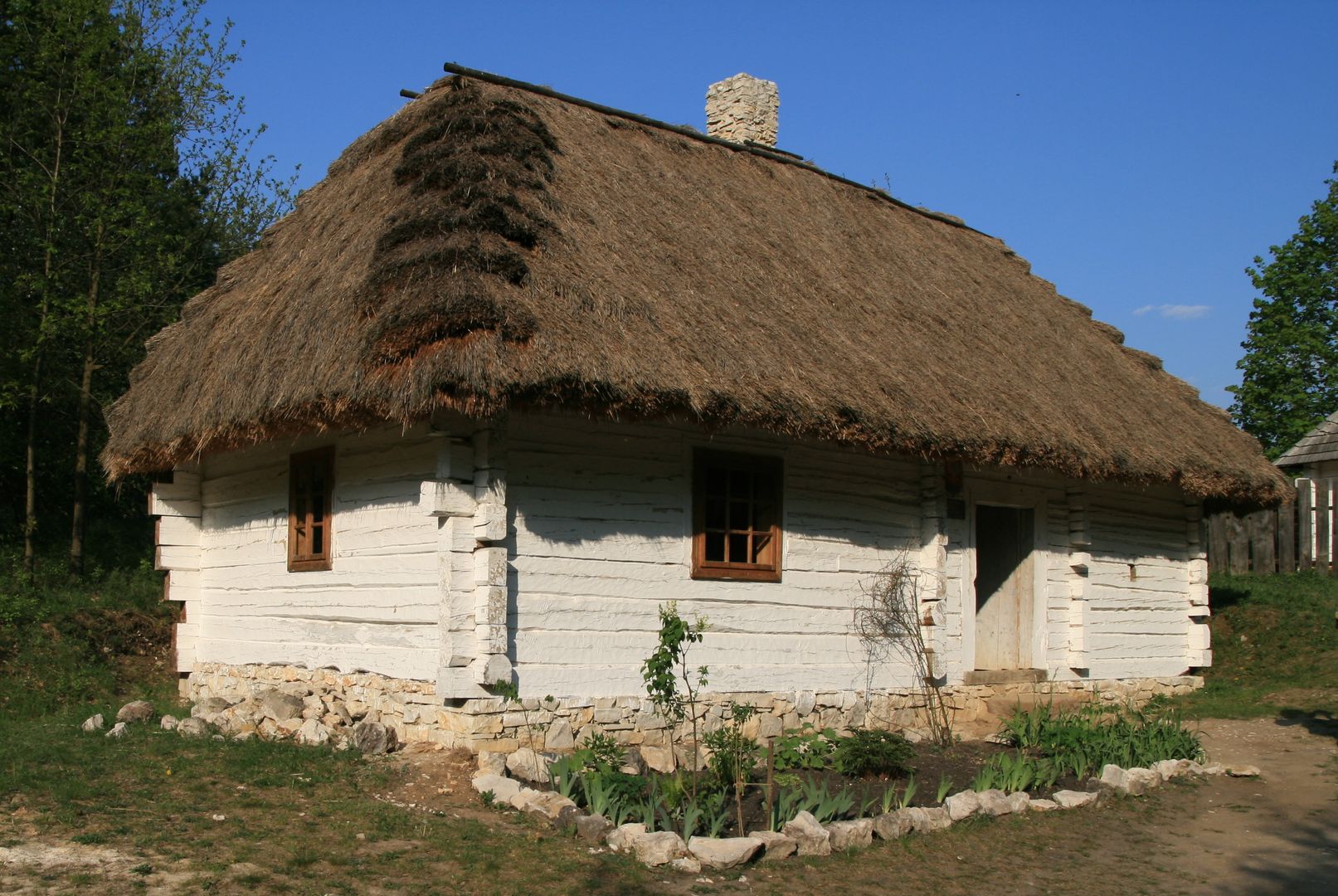Kielce Rural Village Museum in Kielcach
7.56

Overview
The Kielce Village Museum in Kielce is an ethnographic cultural institution whose goal is to collect and protect the folk culture heritage of the Świętokrzyskie Voivodeship. Established in 1976, the museum consists of several branches, including the Ethnographic Park in Tokarnia, which is the main facility of the museum. This picturesque site, located on a 65-hectare area, preserves the rural and small-town architecture of the region, showcasing historic buildings in a natural setting. The park features numerous structures, such as a Baroque church from Rogów and a manor house from Suchedniów, which illustratively demonstrate the architectural diversity of the Kielce region. The exhibition also includes small architectural elements like roadside crosses and shrines, as well as fully furnished interiors typical of the 19th and 20th centuries. An interesting aspect is the craft workshops, including those of a carpenter and a blacksmith, along with various types of windmills and watermills. The museum also organizes thematic exhibitions and outdoor folk events, such as the "Bread Festival" or "Lead Smelting," which highlight local traditions and culture. The educational value of the open-air museum is enriched by exhibitions on rarely shown burial rituals. Thanks to acquired funds, the museum is constantly developing, with new buildings being added, and its infrastructure is enhanced with educational and conference facilities. From a historical perspective, the Kielce Village Museum is significant as an institution documenting the life of rural and small-town communities in the region, and its open-air museum serves as a unique testament to the past, attracting tourists and folk culture enthusiasts from all over Poland.
Location
Tickets
Powered by GetYourGuide
2026 Wizytor | All Rights Reserved